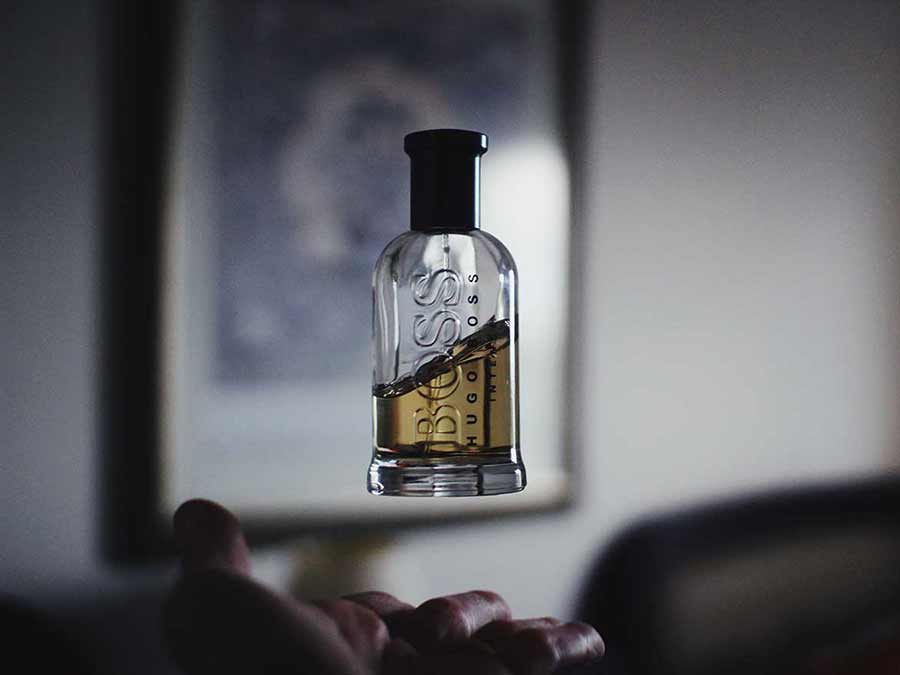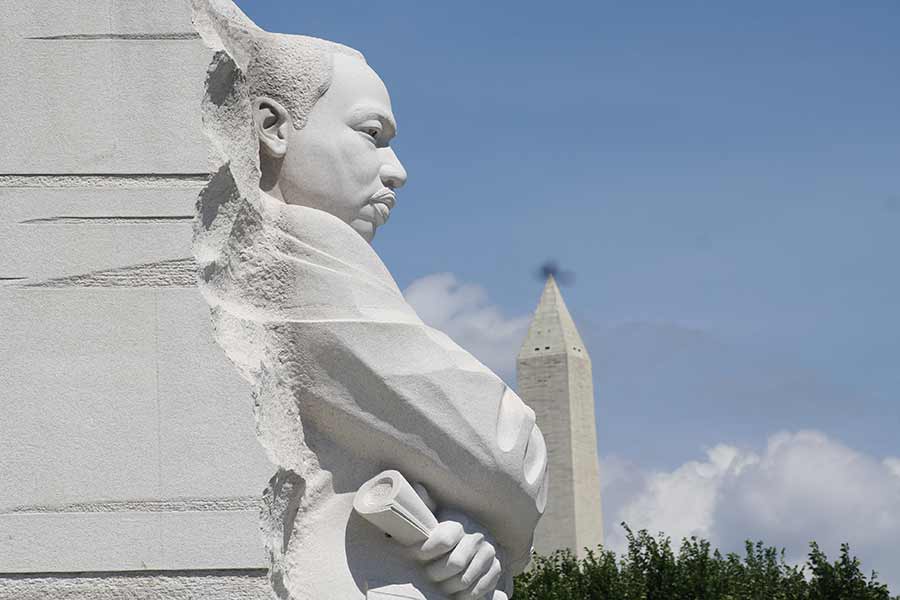Did you know the word perfume is derived from the Latin word “per-fumum”, which means “through the smoke”?
What we call perfuming today involved the use of fragrant smoke, primarily incense, and then the burning of fragrant plants and trees in religious ceremonies.
Fragrances for ritual purposes have been used for thousands of years, and the real turning point took place in Egypt, the intriguing capital of the ancient world.
Where does the perfume come from?

The Egyptians managed to bind aromatic substances to oils, thus creating fragrant fats. At one point, perfumes became so important that the Egyptians went to Zagreb with a bottle of fragrant oil. Unfortunately, perfumes could only be afforded by wealthier people, who used them at parties.
The process of wearing it looked like this: fragrant fats flowed from the conical caps, while the others would soak wigs that would emit expensive odours, which would fill the room and make it clear that it was a person of high status.
Egyptian hieroglyphs show women with floral domes made of wax on their heads, and the wax itself would melt and spread a characteristic scent. Animal ointment with the addition of fragrant herbs was used for skincare.
And where else…

In Palestine, they also used fragrant oils a lot – primarily olive, but also animal fats. Over time, many plants came into use, like laurel, myrtle, lily, pomegranate.
The use of fragrant oils had a handful of benefits, from skincare to covering unpleasant odours due to the then poor hygiene.
In Persia, the technique of preserving odours has been developed. The flower petals are carefully kept in specially made earthenware pots.
The Greeks also contributed

As for the ancient Greeks, it is believed that the perfume was passed on to them by Alexander the Great, after the conquest of Persia.
However, although the Greeks developed a culture of fragrance, they were mostly used at wedding and funeral customs.
The Romans, on the other hand, were also unimmune to perfumes.
They implemented various rituals, while the spread of Christianity influenced the suppression of the use of fragrances. After the fall of the Roman Empire, the use of perfume was in decline.
Merit of America

Columbus, with the discovery of America, is indirectly responsible for the entry of many plants on the European market. For the first time, they were available: vanilla, cocoa, pepper, ginger and many other fragrant plants.
At that time, fragrances were used exclusively in the yards. The first flower plantations saw the light of day in France, and that was used by French gentlemen and ladies, who covered the traces of unhygienic conditions by spraying perfume.
Finally, in the 19th century, the first perfume bottles were created. One of the pioneers of naming their bottles is Elizabeth Arden.
The fragrance industry has taken an upward trajectory, and this fact only confirms the statement that the manipulation of fragrances is, in fact, art!
